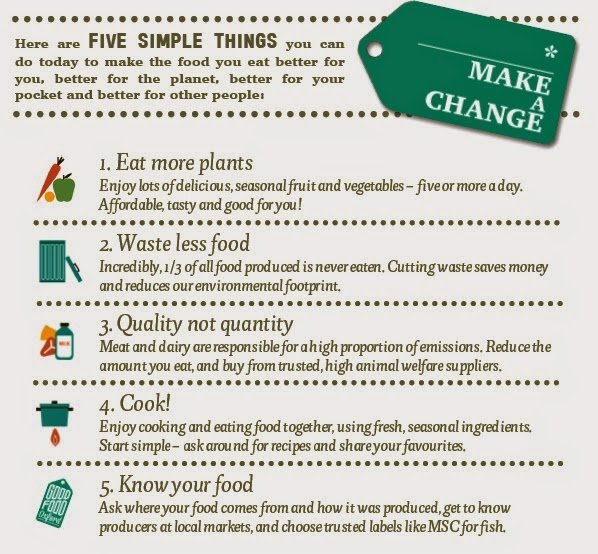Um polvo a percorrer países
Por um capricho gastronómico, aquele polvo, um molusco cefalópode como tantos outros, ascendeu ao jet-set internacional. Do momento em que o pescaram até ao instante em que foi ao forno, à lagareiro, percorreu pelo menos três países e experimentou quase todos os modos possíveis de transporte. ... Foram as inscrições no rótulo que me despertaram para o disparate que fizera. O bicho vinha da zona FAO 34, uma das grandes áreas de pesca em que a burocracia das Nações Unidas repartiu os oceanos. Começa no estuário do rio Congo e vai até ao estreito de Gibraltar. Possivelmente o polvo foi capturado nas águas do Marrocos ou do Senegal, por uma embarcação com certeza espanhola. Ou seja, nem sequer era português. Um bicho globe-trotter como aquele, ainda por cima congelado, não existe sem uma factura energética incomportável, para a qual eu contribuí com uma grande parcela. Fraca compensação é dizer que a iguaria, uma vez assada, estava uma delícia. Todo o episódio foi um desastre em ter
